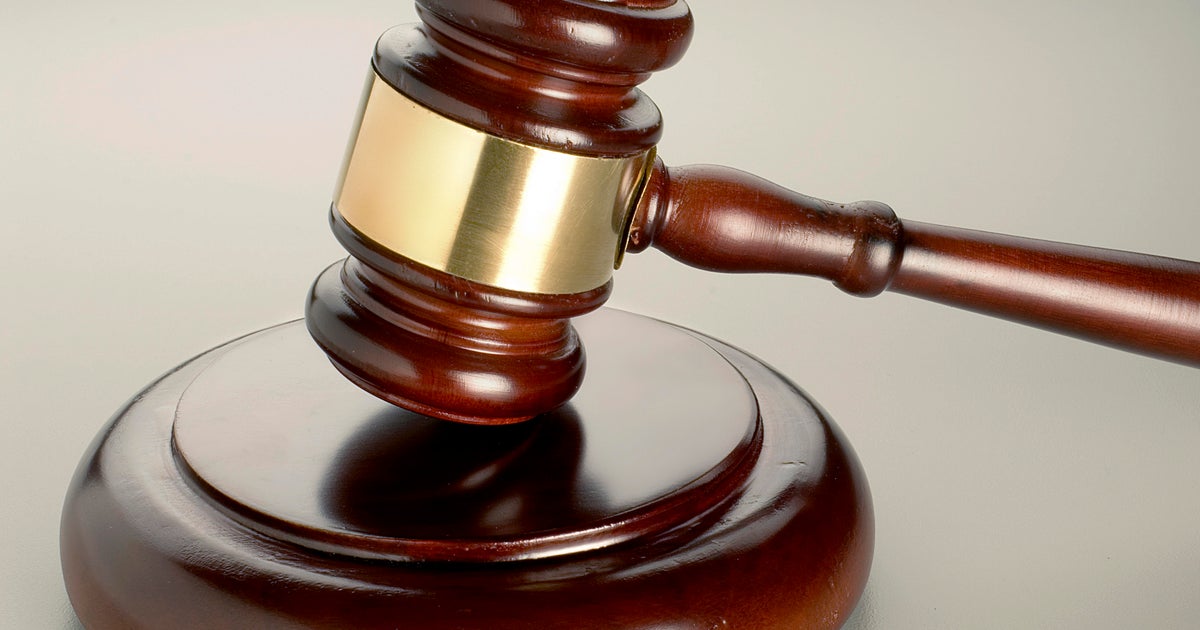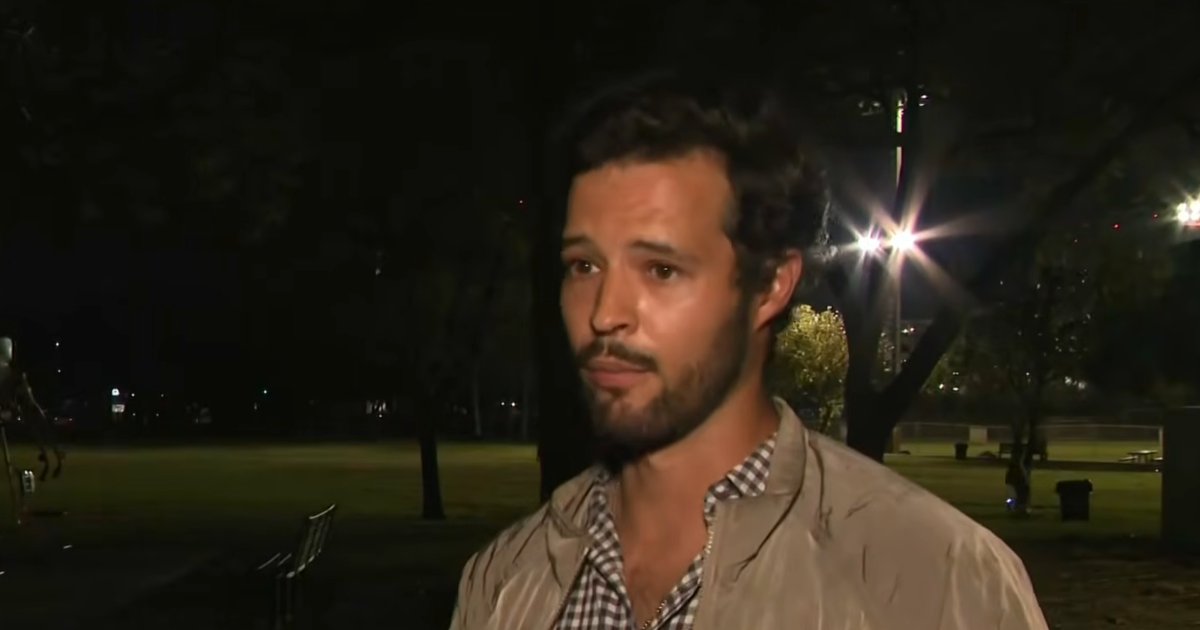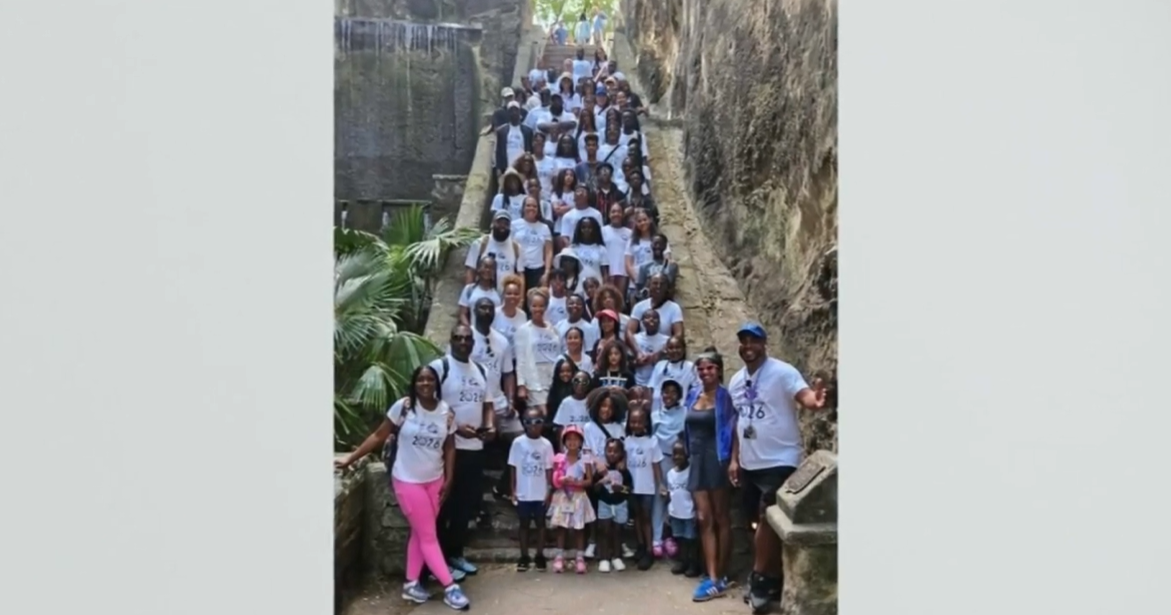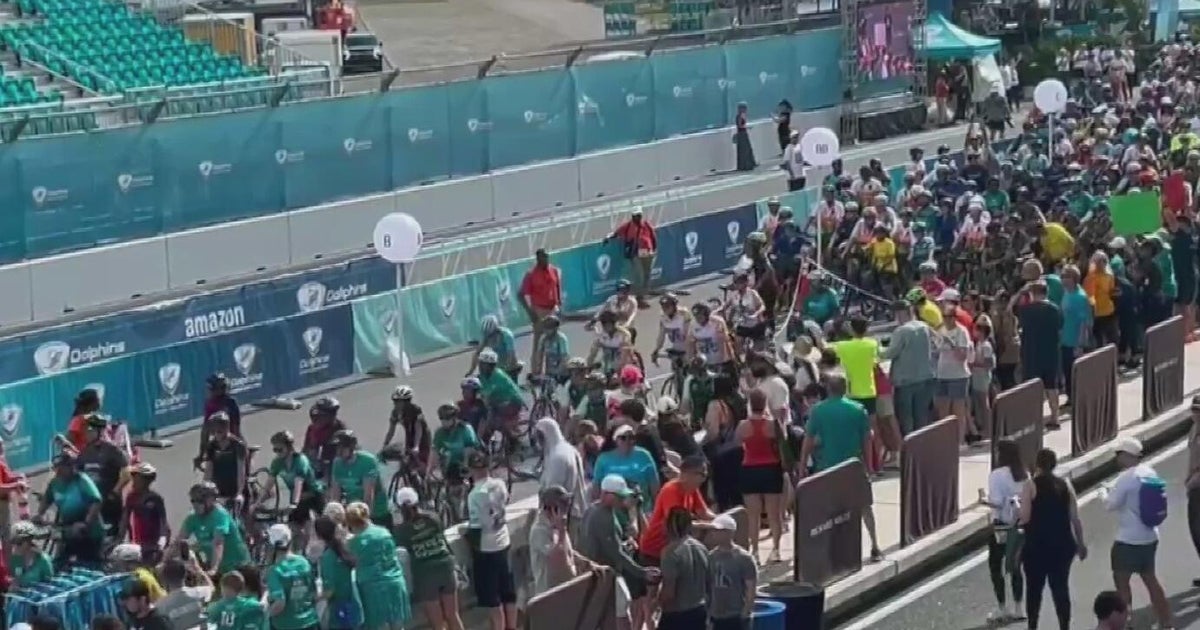TALLAHASSEE – Arguing that the ruling was an “insult” to Republican point out leaders, attorneys for Gov. Ron DeSantis’ administration and countrywide GOP groups this week tried out to encourage an appeals courtroom to overturn a federal judge’s ruling that elements of a 2021 Florida elections legislation had been intended to discriminate in opposition to Black voters.
The Republican-controlled Legislature and DeSantis accredited the election-legislation changes as GOP leaders across the region pushed to revamp voting guidelines immediately after former President Donald Trump’s loss in 2020.
While Florida experienced a reasonably sleek 2020 election, Republicans claimed changes were needed to assistance make sure long term elections would not have challenges these types of as fraud.
The state, the Republican Countrywide Committee, and the Nationwide Republican Senatorial Committee took the case to the 11th U.S. Circuit Court docket of Appeals immediately after Main U.S. District Choose Mark Walker dominated that areas of the legislation were being meant to discriminate towards Black Floridians, a critical voting bloc for Democrats.
Walker’s March 31 ruling chronicled what he described as the state’s “grotesque heritage of racial discrimination,” declaring that “when all of the proof is seen with each other, a coherent photograph emerges.”
The Tallahassee-centered district choose blocked pieces of the regulation.
But the appeals court in May issued a stay of Walker’s ruling amid the continuing lawful fight.
The remain held the legislation in effect for this year’s elections.
During arguments Thursday in Miami, appeals-court Main Choose William Pryor at situations contradicted Walker’s conclusions.
“I want to know what proof supports the district court’s acquiring of discriminatory intent,” Pryor asked attorney Mohammad Jazil, who represents the condition.
Pryor, component of a 3-judge panel reviewing the scenario, pointed to earlier court rulings about the concern.
“We mentioned that glimpse, historical evidence that is not truly associated to the passage of the certain voting law is not seriously that important. What truly matters is the info that lead up to the passage of the regulation in dilemma,” Pryor stated.
The regulation put added constraints on ballot fall boxes, this sort of as limiting their use to the several hours of early voting and necessitating they be staffed by election supervisor’s workers.
Also, the law bundled putting restrictions on giving food stuff and water to persons waiting around in line at polling sites.
Voting-legal rights groups filed a collection of troubles to the law, with the situations consolidated by Walker.
Plaintiffs argued that lawmakers imposed the fall-box changes just after Black voters greater their use of the bins for mail-in ballots.
The legislation also recognized new constraints on 3rd-occasion voter registration groups, a go the plaintiffs contended was targeted at Black Floridians who are much more most likely to indicator up to vote by way of such organizations.
But Pryor appeared unconvinced that the evidence shown the regulation was intentionally discriminatory, rattling off a sequence of conclusions in the scenario.
For case in point, Senate Ethics and Elections Chairman Dennis Baxley, an Ocala Republican who sponsored the legislation (SB 90), stated during a legislative discussion that the improvements may develop a “studying curve” but would not disenfranchise any voters.
Pryor also pointed to facts that confirmed just a fraction of Black voters were far more likely than white voters to deposit ballots at fall containers outside the house of frequent business enterprise hrs.
He also referred to a survey that uncovered Black voters ended up 1.3 share points additional most likely to report ready moments in lengthy strains than white voters and a 10 years-previous examination that confirmed Black voters had been 13 share factors much more probable to register to vote making use of 3rd-occasion organizations.
“That is it,” he explained.
“Yes, your honor, that is it, and even that facts itself is flawed,” Jazil reported.
Pryor later requested John Freedman, 1 of the plaintiffs’ legal professionals, whether he “obtained it right” by concluding “the info is statistically insignificant when it will come to race.”
“The district court docket created a offer of the partisan distinctions and from that inferred one thing that the racial info did not present,” Pryor stated.
“I don’t imagine that’s an correct reflection of what the demo record was,” Freedman responded.
Thursday’s arguments also resolved portion of the regulation banning folks from supplying h2o or food items to voters ready in line.
Less than the regulation, only supervisors of election employees can distribute snacks or h2o.
David Fox, who signifies the League of Women Voters of Florida and other plaintiffs, claimed the ban “straight implicates” the league’s activities.
“They want to go and really encourage individuals to vote, but they you should not really encourage persons to vote in any specific way,” he mentioned.
Choose Britt Grant, nevertheless, appeared skeptical.
“Is not it definitely about protecting the peace and tranquil of voters, you know, keeping them from remaining disturbed by any one?” she requested Fox, who explained the state by now has a prohibition versus disturbing voters.
Cameron Norris, who represents the countrywide Republican corporations, mentioned the law clarifies limits in buffer zones outdoors voting spots.
He also pointed to instances in which voters “get bewildered” by groups, especially when the groups’ employees all put on the exact coloration clothing.
“They feel they are the poll personnel and that the League of Females Voters is operating this precinct. It can make some people today eliminate trust in the integrity of the election,” he advised the panel, which also incorporated Decide Jill Pryor.
Walker in March also created the unusual shift of putting the condition underneath a process known as “preclearance,” that means a courtroom would have to approve any alterations to Florida’s election regulations for the future 10 years.
Walker’s “intensive, extreme assessment” supported the preclearance cure, stated Michael Fletcher, who represents the Florida Point out Convention of the NAACP.
“In this article, the Legislature actively sought out details about voting styles and then focused vote-by-mail techniques right after Black voters much more than doubled the price at which they solid vote-by-mail ballots,” Fletcher stated. “Offered the persistent mother nature of racially polarized voting in Florida, Black voters will go on to be an beautiful concentrate on.”
But Grant observed that Black voter turnout enhanced substantially in 2020.
“Isn’t going to that make it difficult as a factual matter to say that you can find been a very long background of the sort that would advantage preclearance?” she questioned.
Fletcher explained the Legislature’s background of altering election processes following Black voters come to depend on them tends to make preclearance vital “to stop other impermissible regulations that may well come to pass in the future to target Black voters.”
Jazil disagreed.
“You will need flagrant, pervasive proof of discrimination to justify this type of extraordinary treatment but that take a look at, much too, is not fulfilled,” he stated.
Jazil argued that Walker’s justification for preclearance was grounded in part on Republicans’ command of the Legislature and the governor’s workplace.
“So this proof-free idea that somehow because the point out has Republicans, we’re heading to discriminate against our Black citizens, is an insult,” he reported. “This is the type of conclusion that simply cannot perhaps justify intrusion into the sovereign legal rights of the condition for the up coming 10 decades.”



